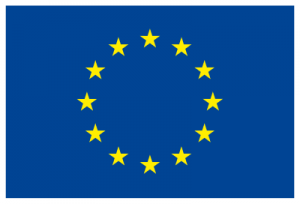‘Self-organisation’ indicates the emergence of order and structure in social, natural or physical systems in the absence of a centralising or regulatory authority. The concept of ‘self-organisation’ has been studied in physical, natural and social sciences, as well as computer science and cybernetics. Its defining feature is the capacity of a system to achieve order through collective mechanisms of mutual regulation of behaviour, decision-making, and exchanges among the system components or entities.
In social sciences, the concept is often set in relation to the one of ‘self-governance’. ‘Self-organising communities’ can refer to local or virtual/online communities. Self-organisation of local communities captures forms of local self-management and self-mobilisation for producing goods and services, engaging in collective action or driving social enterprises by rallying community-held resources to meet collective goals and needs. The defining feature is that these activities are conducted in the absence of state, governmental or administrative control, though states and governments can indirectly encourage these forms of self-organisation, for instance through incentives such as funding. The main actors are members of the civil society which can be self-organised citizen groups, or non-governmental organisations. Self-organisation relies on effective communication among members, to which purpose it is important to employ reliable communication channels, feedback mechanisms, and platforms for ensuring access to a shared knowledge base. Digital technology and the Internet play a fundamental part in creating and supporting self-organising groups, by offering these provisions and allowing actors to adapt tools and services to their needs.
Self-organising virtual or online communities display the same features of self-organisation around a shared interest or goal, and are distinguished by other forms of online communities by the way they adjust and organise their behaviour and exchange in the absence of a central regulatory agent.

